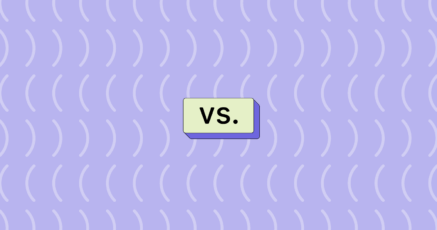Commonly Confused Words - Page 21
 “Farther” vs. “Further”—What’s the Difference?People use both further and farther to mean “more distant.” However, American English speakers favor farther for physical...July 14, 2016
“Farther” vs. “Further”—What’s the Difference?People use both further and farther to mean “more distant.” However, American English speakers favor farther for physical...July 14, 2016- Is It Honor or Honour?The notion of honor varies greatly from one culture to another. Ideas about what it means to have it, how to obtain it, and how...July 13, 2016
 Lier or Liar—What’s the Difference?A liar is a person who doesn’t speak the truth. A lier is a person or object that rests in a horizontal position. Liar and lier...July 12, 2016
Lier or Liar—What’s the Difference?A liar is a person who doesn’t speak the truth. A lier is a person or object that rests in a horizontal position. Liar and lier...July 12, 2016 Bale of Hay or Bail of HayIf someone were to read this article to you, the sentence “John had to bale out of his convertible because a bail of hay was...July 11, 2016
Bale of Hay or Bail of HayIf someone were to read this article to you, the sentence “John had to bale out of his convertible because a bail of hay was...July 11, 2016- Presume vs. Assume: What’s the Difference?Presume is a verb that means to suppose, to take for granted, or to dare. Assume is a verb that means to suppose, to take for...July 10, 2016
- What’s the Singular of Dice?All or nothing! Roll the dice! Lucky sevens! A casino can be vibrant with the noise of slot machines, dealers, and gamblers using...July 8, 2016
- Fiancé vs. Fiancée–What’s the Difference?Why is French the language of love? Some say French sounds romantic. Perhaps it’s the soft syllables and flowing words? Not...July 8, 2016
 Crayfish vs. CrawfishYou can’t just throw anything into a pot and expect it to taste good. Chefs and home cooks appreciate a tried-and-true recipe....July 7, 2016
Crayfish vs. CrawfishYou can’t just throw anything into a pot and expect it to taste good. Chefs and home cooks appreciate a tried-and-true recipe....July 7, 2016 “Principle” vs. “Principal”—What’s the Difference?A principle is a rule, a law, a guideline, or a fact. A principal is the headmaster of a school or a person who’s in charge of...July 5, 2016
“Principle” vs. “Principal”—What’s the Difference?A principle is a rule, a law, a guideline, or a fact. A principal is the headmaster of a school or a person who’s in charge of...July 5, 2016 “Root”, “Route”, “Rout”: What’s the Difference?What do sports and agriculture have in common? One is an activity that provides endless hours of excitement and entertainment for...July 4, 2016
“Root”, “Route”, “Rout”: What’s the Difference?What do sports and agriculture have in common? One is an activity that provides endless hours of excitement and entertainment for...July 4, 2016